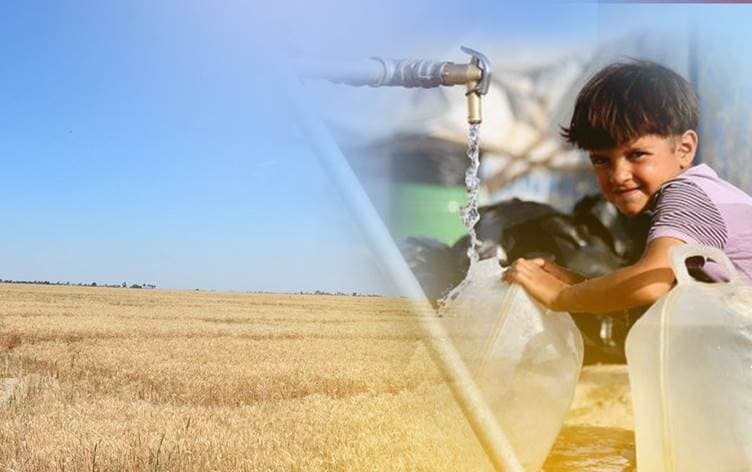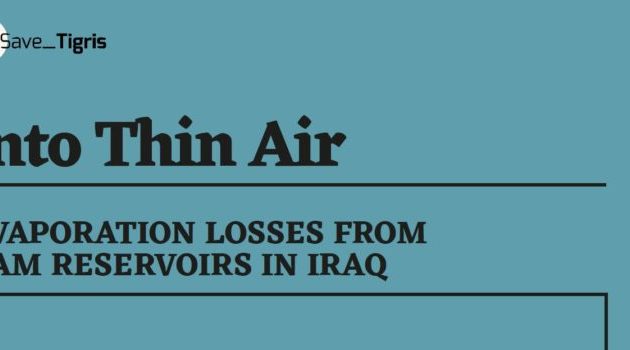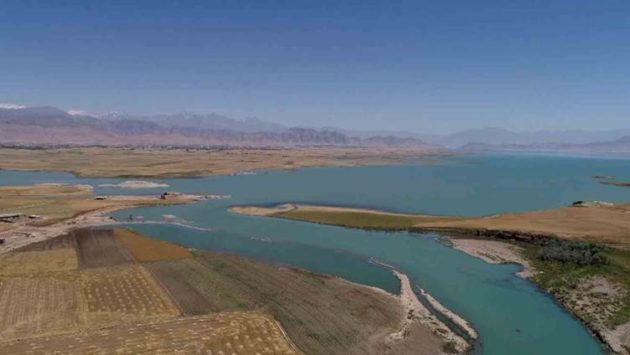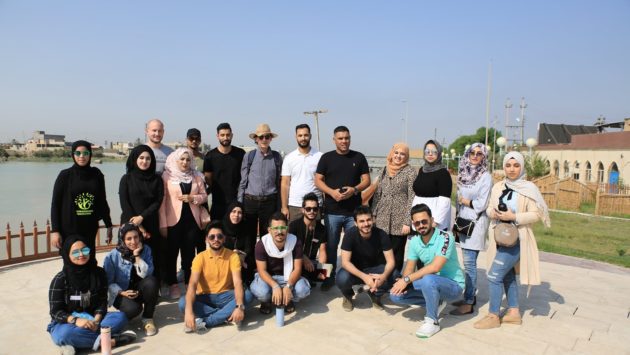Diyala in Catastrophic Situation, Most Farmers Leave Their Farmland Due to Drought
Diyala Governorate is suffering from drought which has caused significant damage to farmers and the agricultural sector, as well as a severe shortage of drinking water. A lack of rainfall and water shortages throughout the winter have led many farmers to abandon their lands.
The severe rainfall shortage has affected agricultural products and contributed to the further deterioration of the economic situation of farmers in Diyala compared to previous years.
On 29 April 2021, Diyala Agricultural Director Hussein Khudair told Kurdistan Region of Iraq-based Rudaw Media Network that, “Despite efforts to provide water, the lack of rainfall has had a huge impact on the agricultural sector, especially wheat and barley yields which have decreased by 35%.
Watermelon and tomatoes products have decreased by about 50%, and the effect of drought on orchards gardens in the summer will be similarly bad compared to 2020,” he added, noting that, “The production of abandoned lands has become zero.”
“A decision was issued earlier to completely prevent the growing of summer vegetables in the areas below Hamrin Basin,” Khudair said. “The situation in Tigris region is somewhat better in the areas of Bani Saad and Al-Azim.”
There are numerous alternative plans to confront the drought, including the drilling of artesian wells in areas exposed to water scarcity. Even the eastern border areas of Diyala are suffering from a severe drought, which has become a motivator for the Ministry of Water Resources to implement plans to drill artesian wells.
“The plan doesn’t include Khanaqin and Jalawla because they depend on the Sirwan River,” Khudair said.
Usually, the release from Darbandikhan Dam is little, only about 10 m3/s, and is not enough sufficient for irrigation.
“The irrigation water in Baqubah is not enough, so it will be reinforced from the Tigris,” according to Khudair, who expected that the flow of Hamrin Lake in the summer would be equal to zero. It is currently estimated at 30 m3/s.
Mandali District recently announced three artesian wells will be drilled to provide water as a series of wells planned for Mandali and Qazan in anticipation of a severe drought crisis that may occur as summer approaches.
Mandali and Kazaniyah have for many years been dependent on the artesian wells by 70% in severe drought seasons.
Khudair called on the Iraqi government and the Kurdistan Regional Government to cooperate on water security issues, increase the water flow towards Diyala, and work together with Iran to increase transboundary water flows.
Despite the difficult situation, “The Ministry of Commerce continues to deliver checks to farmers for their dues, according to the sequence of marketing their crops.” Khudair said.
Raad al-Daini, a farmer, told Rudaw that, “The situation in south of Baladruz District is very miserable, and farmers are calling for drilling wells to provide water because they are going through a catastrophic situation.”
“Most farmers have begun to move to city centers due to difficult living conditions,” said al-Daini. “Most of their crops, such as wheat, barley, vegetables, and fruit are not growing, and some farmers were forced to sell their livestock.
Ahmed Thamer, another farmer, told Rudaw that, “There is severe drought, especially in the southern areas of Behrs, Canaan, and Beledros which were planted with wheat and barley.” The situation of farmers continues to deteriorate, he said.
“We called on the authorities to find quick solutions to treat the drought but without results,” said Thamer. “We also demanded the transfer of water from the Tigris to our areas.” Authorities need to invest significant capital to solve the issue, he added.
The United Nations have warned about the effects of climate changes in many countries, including Iraq, which loses about 100,000 acres of agricultural land per year and still primarily uses outdated irrigation systems which have caused the salinization of soil.




